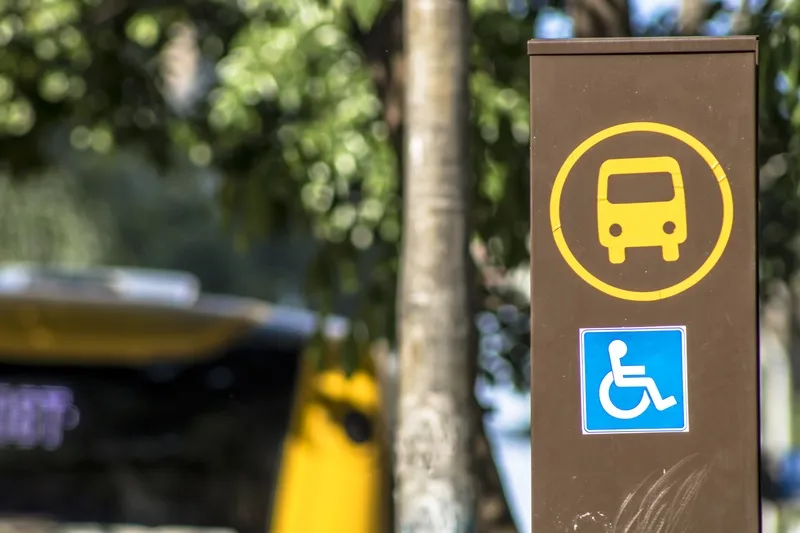
The group at the ITS (UK) Inclusive Mobility Forum say people who find it uncomfortable - or even impossible - to use transport-related apps or websites end up paying more for travel or miss out completely on using transport solutions.
The forum argued that this does not make financial sense, since businesses lose around £2 billion by ignoring them.
It urged transport providers to consider people with disabilities and to seriously think about offering alternatives.
Kris Beuret, chair of the ITS (UK) forum, says: “The industry does great things, but would do so much more if designers always thought first about accessibility and created intuitive, user-friendly solutions, building accessibility from the outset.”
Active training is already proving successful, as results from one target group in Yorkshire show that informal sessions led to 30% of people changing their travel patterns with 20% even feeling able to make additional trips.
Beuret concluded: “There are many different forms of disabilities so it’s very challenging to deliver for everyone. Hidden disabilities are very hard to design for and I believe private companies need more public sector support for innovative product development.”










